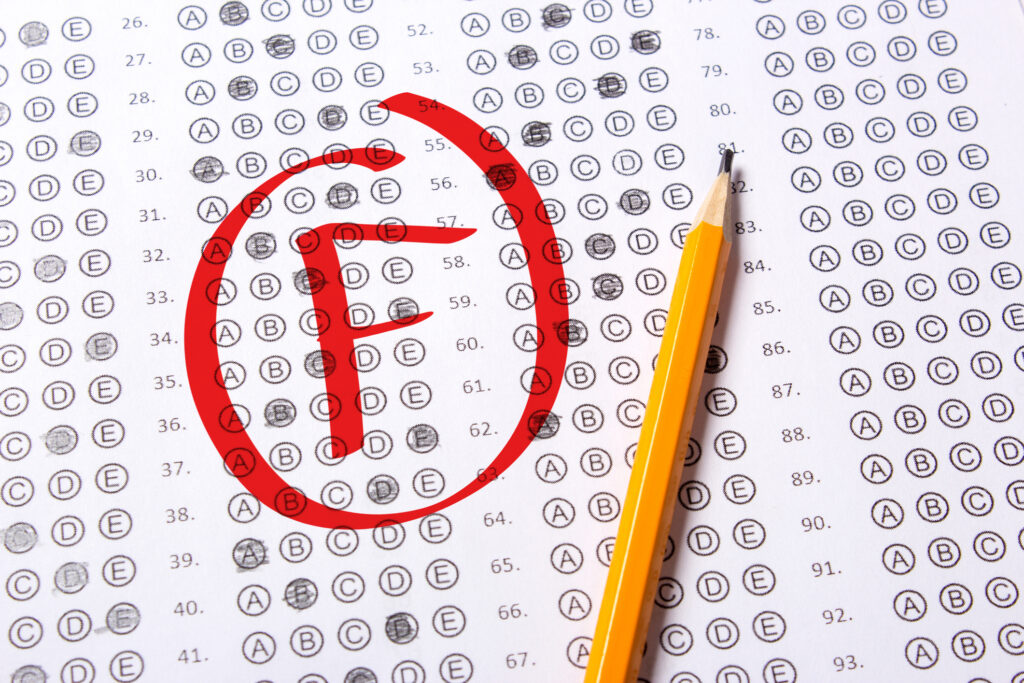As legislative debate builds in states such as Arizona and Tennessee over the possible expansion of education savings accounts (ESAs) to empower more families with educational choice, it would be wrong to assume from media reporting that teacher unions speak for everyday public-school teachers in expressing hostility to all such efforts to extend the benefits of choice more widely.
The ESA is the latest innovation in choice, and quite likely the most promising for bringing about enduring reform of K-12 education. It empowers families, not merely with school choice but with full-range educational choice, because parents can draw on their state-funded savings accounts to select from and pay for a wide range of options their children might need.
These options include tuition, therapies, online instruction, dual enrollment, tutoring, and advanced courses. In short, parents can use a portion of their child’s allotments of state funds to customize the child’s education by using multiple or single providers as they see fit.
‘Strong Support Among Teachers’
Consider the results of the 2018 Schooling in America Survey, which for the first time in the six-year history of this annual report asked public school teachers their take on reform issues.
Conducted by the respected Braun Research, Inc. polling firm in partnership with EdChoice, the survey showed strong support among teachers for ESA-enabled parental choice in education, a cause the teacher unions routinely fight with all the venom and money they can muster.
About three of every four parents of school-age children (76 percent) favored ESAs in the national survey. But guess what? An even higher percentage of current public-school teachers (78 percent) favored the ESA approach as well.
EdChoice, an Indianapolis-based organization dedicated to carrying forward the Nobel Prize-winning economist Milton Friedman’s mission of bringing universal choice to education, candidly acknowledged the wording of survey questions can the answers.
For that very reason, interviewers asked about support or opposition to ESAs in two different ways: a straight-up question about choice without explanatory materials, and another that included a detailed description. ESA support climbed by about 20 percentage points when respondents received descriptions. But even without the added language, ESAs drew majority support.
Teachers Support Universal ESAs
In a footnote included in the report, the research team explained its descriptive question casts the ESA as a “universal, broad” policy rather than specifying (as some states do) that parents must withdraw their children from a public district or charter school in order to participate.
Across-the-board access is a reasonable approach if the big goal is to bring about the broadest choice possible.
The possibility of ESAs being open to public-sector as well as private vendors may have appealed to some teachers, but consider also that many teachers are parents themselves and therefore might appreciate the beauty of using ESAs to customize education to the needs of each child. That would be truly personalized learning, as opposed to the digitized and robotic “personalized” learning brands being pushed by ed-tech gurus.
Teachers Exercise Choice
Significant numbers of teachers already show affinity for free choice by sending their own children to private schools. Among several national studies was a nationally representative one done under auspices of Education Next magazine a few years ago that reached the following conclusion: “School teachers are much more likely to use a private school than are other parents.
“No less than 20 percent of teachers with school-age children, but only 13 percent of non-teachers, have sent one or more of their children to private school,” state Paul E. Peterson and Samuel Barrows in an article for Education Next. “Teachers are also just as likely to make use of a charter school or to homeschool their child as other parents.”
Dedicated teachers who work hard in government schools do not deserve to be branded as hypocrites when they send their own kids to a private school. All parents should be able to choose the kind of education that best suits their own children.
Robert G. Holland ([email protected]) is a senior fellow at The Heartland Institute. This article was originally published at Townhall and is reprinted with permission.
Internet Info
Paul DiPerna and Michael Shaw, “2018 Schooling in America Survey,” EdChoice, December 5, 2018: https://heartland.org/publications-resources/publications/edchoice-2018-schooling-in-america-survey
Paul E. Peterson and Samuel Barrows, “Teachers More Likely to Use Private Schools for their Own Kids,” Education Next, Jan. 11, 2016:
Teachers More Likely to Use Private Schools for their Own Kids





